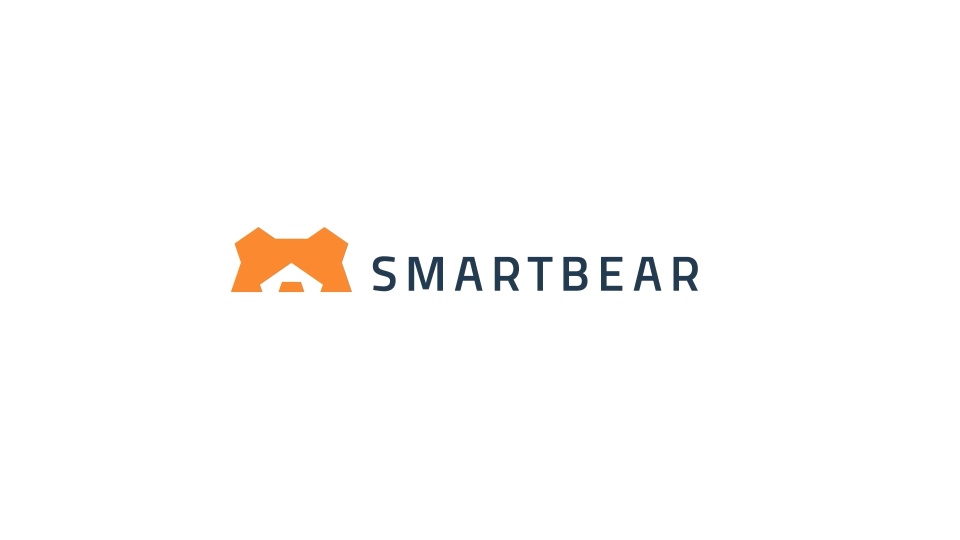Cucumber-Ruby 4.0.0 has been released
This is the first stable Cucumber release of the 4.x series. It's the first stable release for 2 years. Upgrading from 3.x should not require any changes, but there are some deprecations (see below). We also have some exciting new features! Added new Gherkin syntax: Rules and Examples One of the most visible change in the new release is the support of the Gherkin 6+ syntax. This is still backward compatible with your existing features of course, but here are the changes introduced: the Rule keyword acts as a grouping of scenarios inside a feature the Scenario Outline keyword is not needed anymore when using Examples with a Scenario the Scenario keyword now has synonym: Example If you are familiar with example mapping, you will see how easy it is to translate your cards from an example mapping session into a feature file. support of the cucumber-messages protocol cucumber-messages is the new format that is used by Cucumber to represent the various information emitted during an execution. This library satisfies multiple interests: same output for all cucumber and related implementation (cucumber-ruby, cucumber-jvm, cucumber-jss, SpecFlow ...) it relies on protobuf, so it is fairly easy to generate a consumer in any language supported by protobuf. we have published libraries to consume this format for ruby, Java, JavaScript and C# it is easier to generate tools consuming this output To generate the new messages, you can use the message reporter. Example: bundle exec cucumber --format message sending results to a server You now have the option to send the results of the execution directly to a web server. You can achieve this by specifying an http or http URL to the --out parameter. Example: bundle exec cucumber --format messages --out "http://example.com/report-service" HTML reporter We've added a brand new HTML reporter in this release. Everything is embedded in a single file (no CSS or JS file), so you can easily share the generated page. Example: bundle exec cucumber --format html --out report.html Deprecated JSON formatter With the introduction of the message formatter, we have decided to deprecate the JSON formatter. It will be removed in the 5.0.0 release. After the removal, you will still have the possibility to export to JSON using the json-formatter which takes cucumber-messages as input. puts When using puts in your step definitions, the data you output is caught by cucumber and then processed by the formatter (for example, when using the json formatter, the data provided to puts will appear in the output field of the step). This solution is now deprecated in favor of the log method. In cucumber-ruby 5, calls to puts will not be caught by the formatter and the default Ruby behavior will be triggered. embed The embed method to add attachments is also deprecated in favor of the attach method. This is part of task to make the different implementations of cucumber more uniform.Solved6.2KViews2likes12CommentsCucumber Community Newsletter #2: BDD in 30 seconds: a graphic Q&A, Meet a Cucumber user
Hi! We're happy to bring you interviews, articles, and tech challenges related to Cucumber, open source, and BDD (with a few intriguing links picked up on our forays ‘round the web). In this issue, we offer: State of the Cucumber BDD in 30 seconds: a graphic Q&A Meet a Cucumber User: Developer advocate Helen Scott talks about the joys of the open source community and her contribution to a public repo somewhere in the Arctic. Fun and useful links: 16 tech blogs written by women, 13 suggestions to reduce fatigue, and 1 Russian winter indie sandbox game State of the Cucumber SmartBear is committed to investing in Cucumber Open Source, and we’re thrilled to announce that a full-time developer joined the team earlier this week. Please pop over to the Cucumber community Slack and say hello to Aurélien Reeves (@Aurélien Reeves) - and while you’re there, why not check out some of our help and committers' channels? We’ve released two new chapters of Cucumber School - chapter 3 in JavaScript, and chapters 3 and 4 in SpecFlow. You can catch up - or sign up - at https://school.cucumber.io/ And Cucumber.js 7.7.0 is out! Aslak wants to tell you all about it! BDD in 30 seconds Meet a Cucumber user: Helen Scott Helen Scott is a Java Developer Advocate at JetBrains. She has over 20 years’ experience in the software industry and has been a developer, technical writer, and product owner. How does Cucumber improve your life? My interaction with Cucumber began with Hacktoberfest, thanks to the wonderful help and support of Marit van Dijk. She pointed me at the issues and helped me understand the process. I updated some documentation and fixed a couple of (front-end!) bugs. The people and community are how Cucumber improves my life. What do you enjoy most about the open source community? I've learned a lot about the process of forking, branching, and rebasing the fork, but more importantly I've met some amazing people who are passionate not only about the work they do, but giving new contributors a great experience. I've learned how willing people are to explain and help you on that journey, and seen a glimpse of the value the open source community brings to software. You don't necessarily need to use the project you're committing to - you just need to use your skills. What do you like most about your role at JetBrains? Do you have any advice for people who might be thinking about changing career paths? As a Technical Writer, I thrived on creation and communication. An internal role change to Product Owner made me realise I also loved strategic aspects, but I missed content creation and working with the whole development department. A few months into the pandemic, I decided it was time to try something new, and ended up at JetBrains as a Developer Advocate, a role I absolutely love. I learn the products and create helpful content. I love listening to how our products are used and learning more about the developer experience as a whole. I also give presentations (from my house) to the community and in turn, learn more about them and what they need. This helps me understand how best I can serve the community with the products I advocate for. If you're looking to change into a career such as developer advocacy, my advice would be to create content and see if you enjoy it. Also, engaging with the community you want to work with is important. Ultimately, believe in yourself, apply for that job even if you don't have every single thing on the job spec, and look for the things that make you happy. It's easy to forget how high the barriers to entry can be for people who are new to programming. Something that appears trivial to someone who’s been doing it a long time may cause a new programmer to stumble and give up altogether. I want to help developers have a better experience, not least because I understand how frustrating it is. On GitHub, you show “Arctic Code Vault Contributor” as a highlight. How can someone earn this cool-sounding accolade? Apparently it's because I contributed to a public repo that’s stashed somewhere super cold in the Arctic. This JSR has not (yet) made it into the Java specification, but my contribution is why I have the badge! Whilst badges are fun, they don't tell the whole story (case in point)! I would focus on doing what you enjoy. I'm just as happy with my little green commit squares on GitHub. Thanks, Helen! Fun and useful links 16 blogs: Edidiong Asikpo’s compilation of great tech blogs written by women (and why you should read them) 13 tips: The CIO of Net Health Remote offers advice on how to sidestep work exhaustion: 13 tips to reduce fatigue 1 long winter: Looking for an indie sandbox game in which you’re cooped up in a post-Soviet era apartment? No plot, no goals, but if you turn on the radio there’s original music? It’s Winter.1.4KViews1like0Comments

